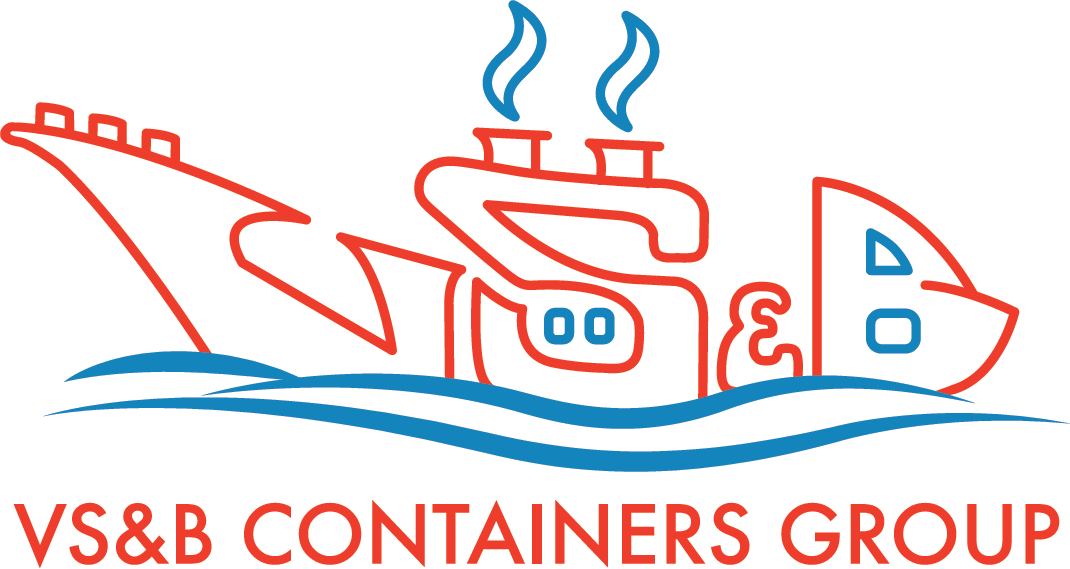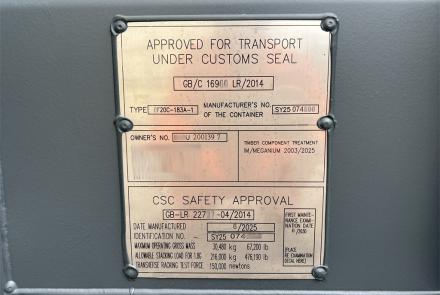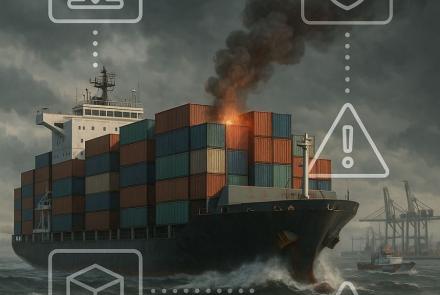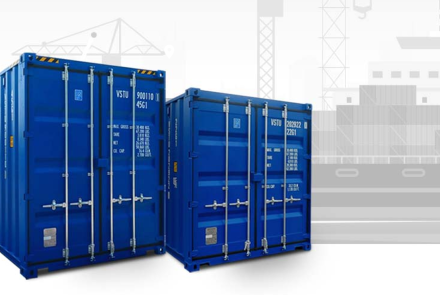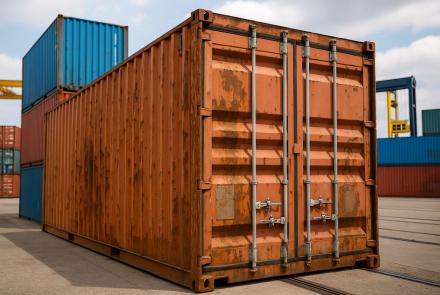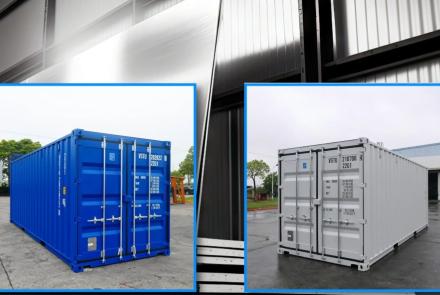ENSURING GOOD RETURNS FOR YOUR CONTAINERS THROUGH ROUTINE INSPECTIONS AND MAINTENANCE
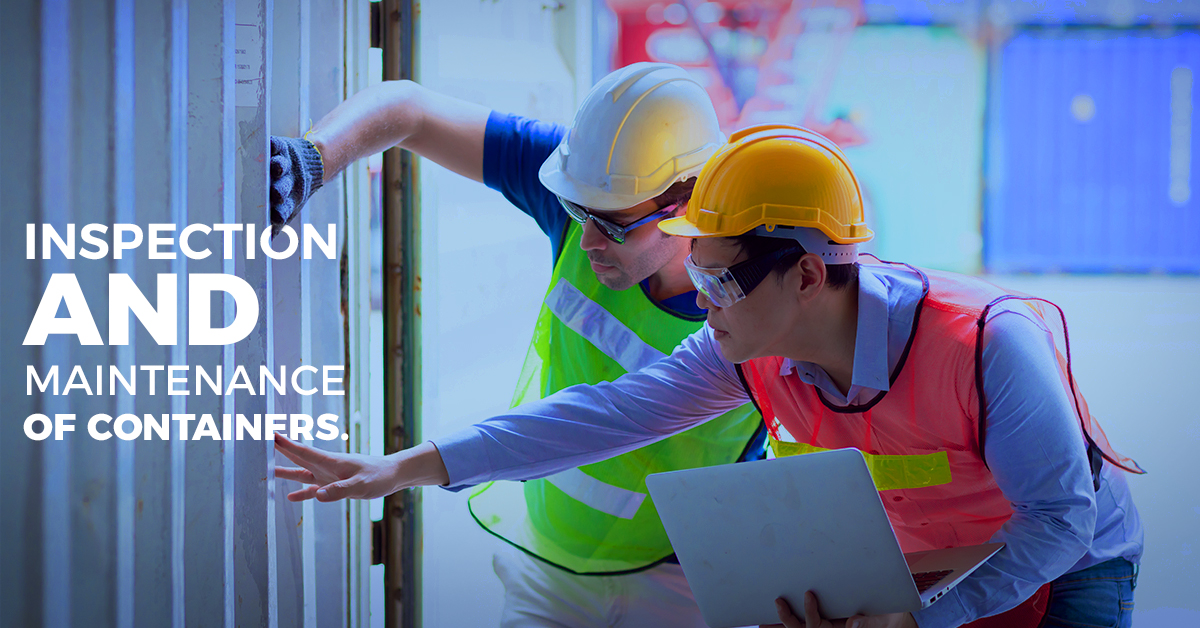 Shipping containers are an ideal solution for both transportation of goods and storage. They are durable, resistant to the elements, and pest free. It's understandable why they have greatly increased in popularity among businesses and people alike in recent years. To make sure that your containers serve you for extended periods, they should be frequently inspected, cleaned, and repaired.
Shipping containers are an ideal solution for both transportation of goods and storage. They are durable, resistant to the elements, and pest free. It's understandable why they have greatly increased in popularity among businesses and people alike in recent years. To make sure that your containers serve you for extended periods, they should be frequently inspected, cleaned, and repaired.
Most shipping containers are built of marine-treated plywood and premium corrugated steel, which makes them resistant to the extreme weather. They are therefore the ideal option for storing cargo. The containers' doors, which have lockboxes and are built to safeguard the cargo during lengthy maritime journey, are sturdy and cannot be readily broken in by intruders. Additionally, the goods inside are less likely to be damaged by dampness due to their water-resistant construction.
Like all assets, containers need periodical inspections to ensure long life and value for money.
Inspect the exterior:
Keep an eye to detect damages, such as dents, rust, or holes. Make sure that the doors and seals are in good working order and condition.
Examine the interior:
Look for signs of mold, water damage, or other problems. Make sure the floor is in good condition, the container is clean, and there are no obstructions. Moisture and humidity encourage the formation of mold, particularly on the floors, which can taint cargo and emit an unpleasant odor. To get rid of moisture and stop the growth of mold, regularly spray the interiors of containers with commercial grade antibacterial disinfectants and air them out.
Test doors and seals:
After sealing the doors, try opening them to make sure they are safe. Verify the seals to ensure they are intact to prevent the entry of air or water.
Structural integrity:
Use a hammer or a heavy object to gently knock the walls, floor, and ceiling and check for structural stability. The sound should be even and solid if the container is in good condition. A hollow or uneven sound could be a sign of structural defects.
Hire a professional for comprehensive inspection:
If you are worried about the container's condition or are unsure of how to properly evaluate it, you can hire a professional to conduct an inspection. This will make sure that the container you are buying is functional and in good condition.
Foul smell:
Products may pick up odors from the container before the cargo is loaded. The smell may be the result of objects that were transported earlier in the container or from lingering, strong chemical cleaning treatments. Use degradable cleaning supplies that won't leave behind residual smells. After using cleaning products, rinse the container well.
Stains:
Grease and filth from machinery that was previously transported in the container, can stain textiles. Containers that have been used to transport fatty or oily products should be reused only after cleaning with powerful detergents.
Holes:
Holes in the walls, ceilings, and floors of a container let the entry of water and moisture. Dents and surface damage sustained during the handling and shipping of the container can result in holes. Look for erosion, dents, or painting damage on the containers' exteriors. Early fault detection lowers repair costs. Applying a fresh layer of weather-resistant paint to the troubled region will stop erosion. Welding tools are required to patch up big holes.
Floorboards:
Wooden floorboards deteriorate with time, becoming loose and uneven. Through repetitive loading and unloading of goods, floorboards disintegrate and eventually split apart. Check the flooring condition frequently, and repair anything that needs attention. Sand down floors that have split. As a safeguard, a sturdy weather-proof coating may be used. Replace floorboards that are sagging or damaged.
The VS&B Containers group, with its headquarters in Chennai, is a major supplier of shipping containers throughout Asia and Europe. Sales of new and used shipping containers, SOC project shipments, static storage, and mobile warehousing are the company's areas of expertise. The group offers an option for both short- and long-term leasing of international and duty-paid (in India) containers and has a fleet of about 30,000 containers and 11 offices. Another division of VS&B provides cutting-edge software solutions for the shipping and logistics sector.
For timely delivery of quality shipping containers, email traders@vsnb.com, where VS&B experts will assist you in choosing the ideal container depending on your budgetary needs, level of flexibility, and expected returns on investment.
- Log in to post comments
